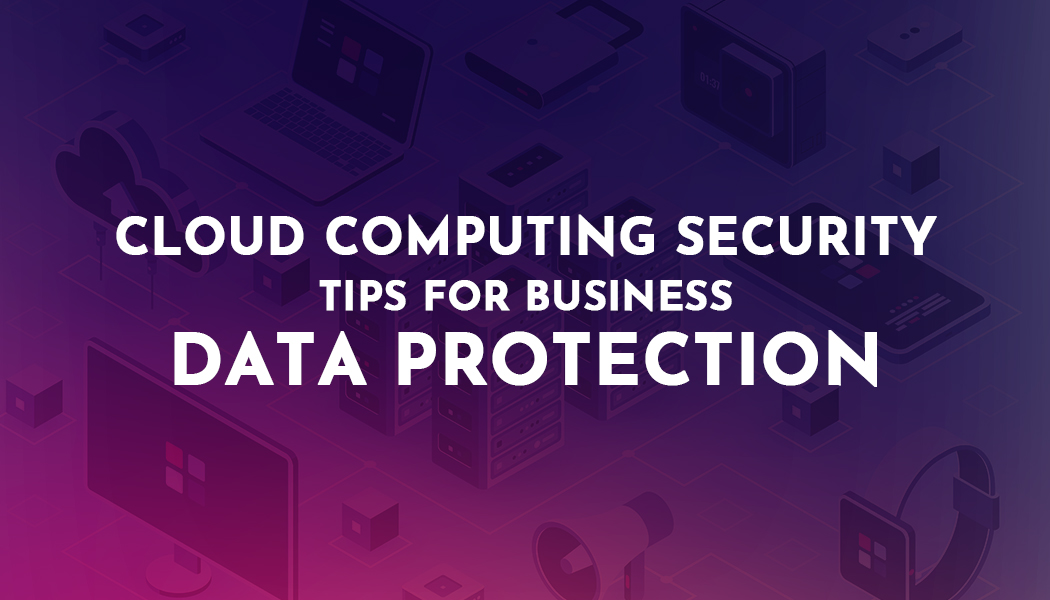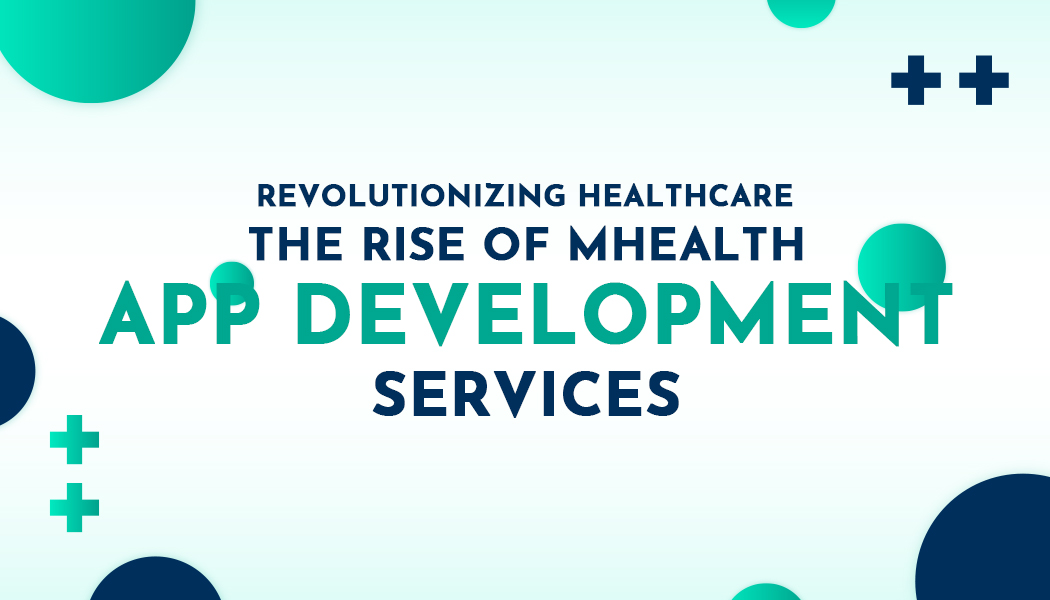Cloud Computing Security Tips for Business Data Protection
One of the biggest challenges facing businesses who are considering moving their services into the cloud is whether or not their data is safe.
For many businesses, data is the livelihood of their organization. If access to this data becomes compromised, their entire business model is at risk.
Even large organizations like Capital One have become victim to high profile cloud data security breaches. When international companies struggle with cloud security, how can a small to medium-sized enterprise feel confident about putting their data into the cloud?
Let’s examine the top strategies that are proven to help enhance data protection for small businesses and business data security. If these practices are strictly followed, you will greatly reduce the risk of using cloud computing for business.
Create an Information Security Strategy
Your organization should put pen to paper when it comes to building and executing an information security strategy. This multi-pronged plan should touch on the following topics in order to facilitate a successful IT security strategy. Your strategy should include the following:
- Products that Safeguard Your Data
- Written Standard Operating Procedures
- Physical Security Measures
- Information Security Awareness Training
- Internal Security Auditing
Let’s take a closer look at each of these topics.
Use a Firewall
In order to secure your network, you should implement a firewall so that you can define who has access to your data. When configuring the firewall, you should create a “Deny-all” rule that restricts all unwanted traffic while subsequently whitelisting properly credentialed IP address ranges and hostnames when granting access to cloud network locations that host sensitive data. Using a firewall is the best way to safely implement VPS hosting and cloud servers into your organization while minimizing security risks.
Some firewalls have antivirus functionality baked into their platforms. The firewall can examine each packet traversing over your network using DPI (Deep Packet Inspection) to determine if the packets contain malicious code. While this functionality can reduce the likelihood of an infection happening on your network, it shouldn’t be your only line of defence.
Implement Endpoint Antivirus
You should meticulously scan your network to ensure all desktops, laptops and mobile devices connecting to your network have antivirus protection installed.
Furthermore, these devices shouldn’t be allowed to connect to your network unlessh2 they have the latest antivirus definitions loaded. Many antivirus suites have DLP (Data Loss Prevention) features that prevent employees from inadvertently leaking data to external parties. Be sure to inquire about the advanced functionalities of your antivirus suite when selecting a product.
Preventing Data Leaks
You can invest heaps of cash into information security products but how does that prevent a rouge party from leaking data?
Let’s say that you’ve completely locked down your organization with the best IT security products on the market. You have one employee in the accounting department that has access to extremely sensitive data. You’ve verified that this data cannot be accessed outside of your internal network despite it being hosted in the cloud. What are some ways a rogue employee could steal this data?
Is Physical Security the Answer?
The rouge actor could use the camera on their phone to take a picture of the screen, they could print the data out on a sheet of paper or if they administrative access, they could lift the network security protocols in place in order to create a virtual back door to the data.
For situations like this, physical security might be the answer. For portions of your office that require access to sensitive data, you might be inclined to install IP cameras to record all of your employee's interactions in front of the computer.
You may elect to install call recording software for end-users who have telephone access. You may even require a key card or FOB access to portions of the building that have network connectivity to sensitive data in the cloud.
Information Security Awareness Training
You could model your network after Fort Knox but what good is that if an end-user inadvertently leaves the back door open and invites threats inside of your security perimeter?
Because of this, informational security awareness training is recommended for all employees at least once per year. These types of training courses help end-users identify the following threats:
- Phishing Emails
- Social Engineering Attacks
- Phone Scams
- Malicious Email Attachments
When users are aware of these threats, they can be your partner in mitigating these threats. In fact, properly trained end-users should always report these threats to their managers.
Summing It All Up
Just because your data is in the cloud doesn’t mean that normal security protocols shouldn't be used. In fact, you should be extra cautious this data and create an information security auditing program that regularly examines the controls in place that keep your data safe.
Information security isn’t just your network administrators' job, it’s everyone’s job. By creating standard operating procedures that are built with business data protection principles in mind, you'll stay one step ahead any malicious parties attempting who might attempt to steal your data.




